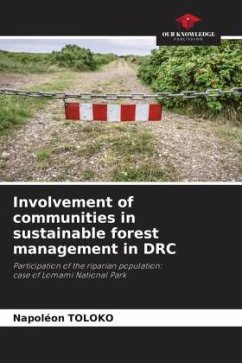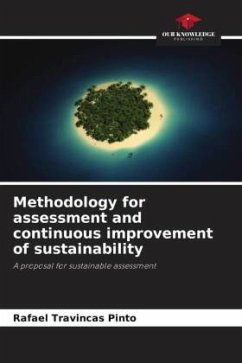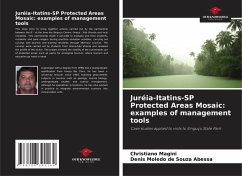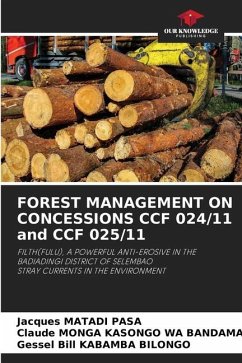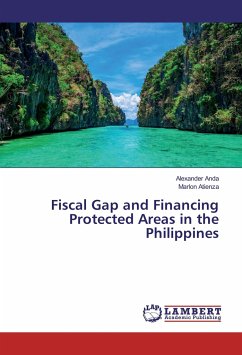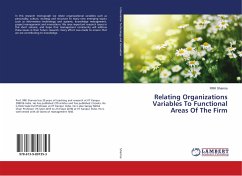
The problem of sustainable management of forest areas
and Land Rights of Indigenous Residents in the Luanda Supply Basin
Versandkostenfrei!
Versandfertig in 6-10 Tagen
27,99 €
inkl. MwSt.

PAYBACK Punkte
14 °P sammeln!
In any society, the actors have their own referents according to which they develop different strategies depending on the issues at stake locally. In southern Africa and Angola, land and forests are primary State property and are of vital importance to local communities in a variety of ways (economic, social, divinatory, etc.). A large part of the population of Angola lives essentially from the products of these two areas (land and forest) and the actors have woven very dense social relations around access to land and forest, which are managed according to customary law. Thus, in order to deal...
In any society, the actors have their own referents according to which they develop different strategies depending on the issues at stake locally. In southern Africa and Angola, land and forests are primary State property and are of vital importance to local communities in a variety of ways (economic, social, divinatory, etc.). A large part of the population of Angola lives essentially from the products of these two areas (land and forest) and the actors have woven very dense social relations around access to land and forest, which are managed according to customary law. Thus, in order to deal with land and forestry in Angola, it is necessary to start from a local and community perspective. The author has shown in this book that Angolan legislation on land tenure does not take account of the above reality, which from time to time creates conflict between indigenous people and private and state actors, resulting in the rudimentary exploitation practices that are at the root of forest degradation.




